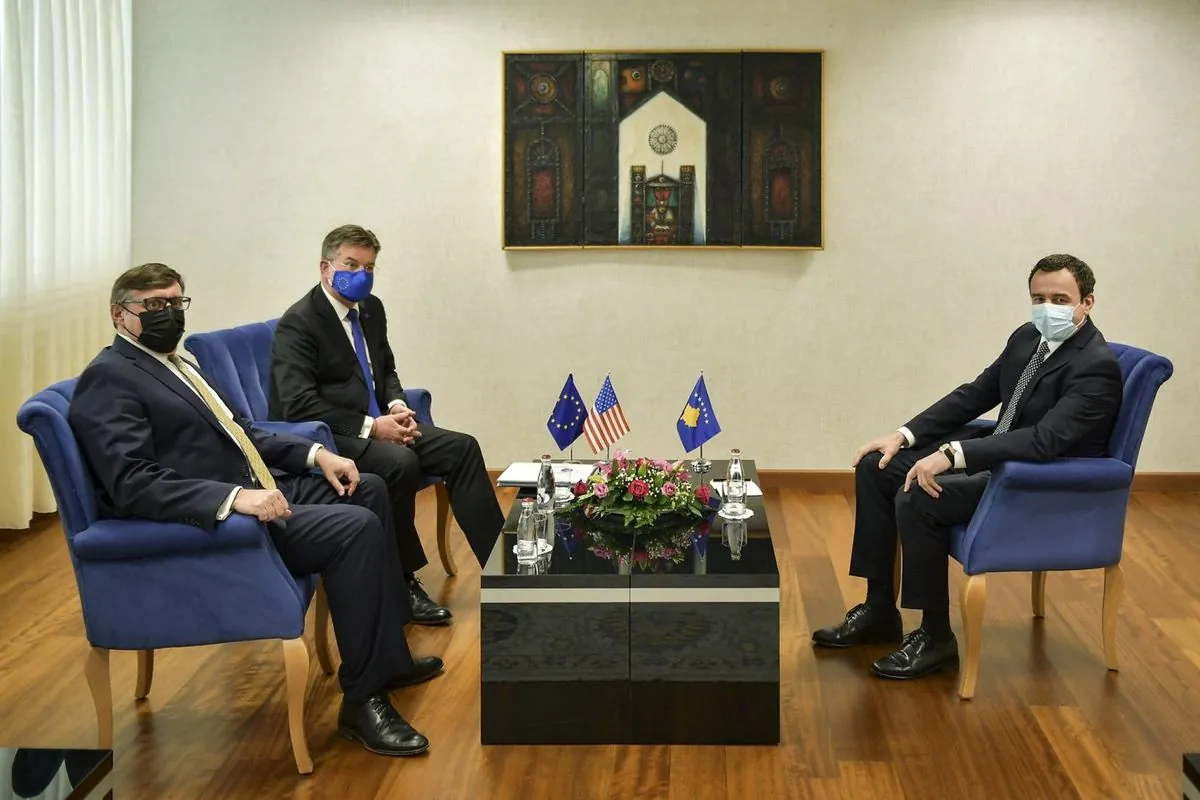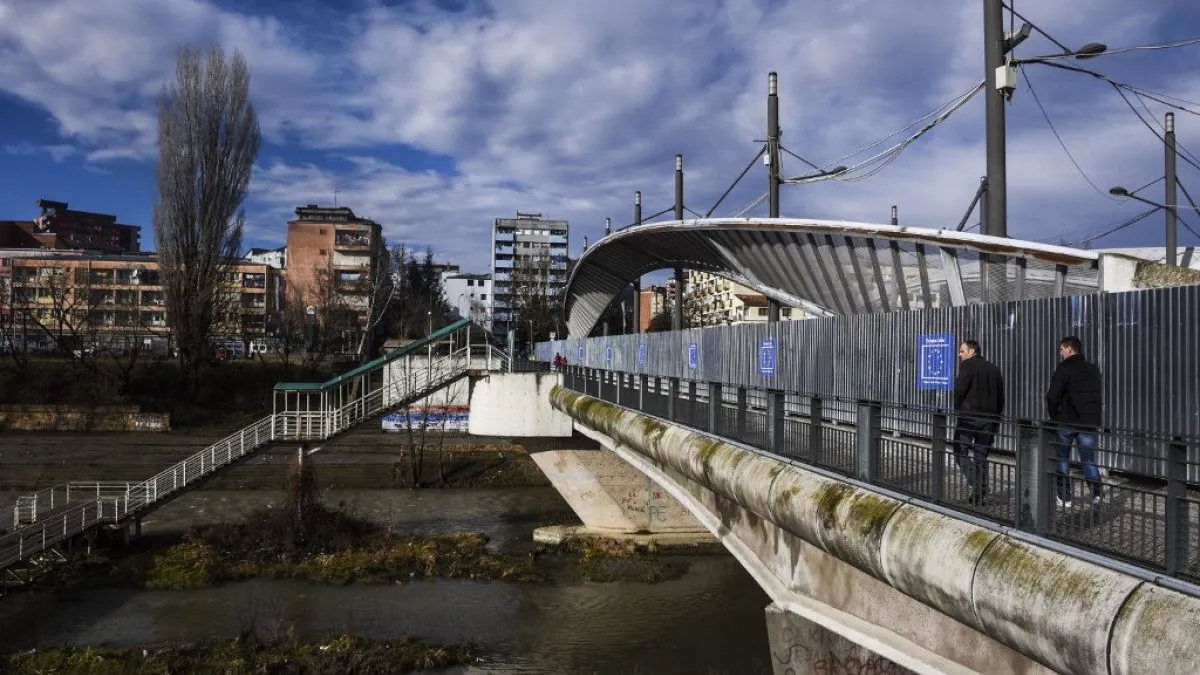EU Envoy Urges Kosovo-Serbia Talks Amid Tensions and Upcoming Elections
EU envoy Lajcak pushes for Kosovo-Serbia normalization talks. Tensions persist with recent closures and proposals. Kosovo's 2025 elections loom as a test for PM Kurti amidst ongoing regional challenges.

The European Union's envoy for the Western Balkans, Miroslav Lajcak, has called on Kosovo and Serbia to intensify their efforts in normalization talks, emphasizing their crucial role in the countries' paths towards EU membership. During a recent visit to Pristina, Lajcak met with Kosovo's Deputy Prime Minister Besnik Bislimi, who leads Kosovo's side in the EU-facilitated negotiations.
Lajcak stressed the importance of implementing agreements reached between Serbian President Aleksandar Vucic and Kosovo Prime Minister Albin Kurti in early 2023. He stated, "The agreement is legally binding and is already part of the European road for Kosovo and Serbia." However, he noted that statements from both sides have not been conducive to progress.

The ongoing tensions between Kosovo and Serbia continue to pose challenges. A violent incident in September 2023, involving masked Serb gunmen and Kosovo police, resulted in four fatalities. This event led to an increase in NATO-led KFOR peacekeepers along the Kosovo-Serbia border.
Recent actions by Kosovo authorities have raised concerns among Western powers. These include:
- The closure of five "parallel institutions" in northern Kosovo, where the ethnic Serb minority is concentrated.
- Prime Minister Kurti's proposal to fully reopen a bridge in the divided city of Mitrovica.
- The unilateral closure of six branches of a Serbia-licensed bank in northern Kosovo earlier in 2024.
"We urge Pristina to refrain from unilateral actions that could potentially reignite inter-ethnic conflict."
These developments occur against the backdrop of Kosovo's upcoming parliamentary elections, scheduled for February 9, 2025. The vote is expected to be a significant test for Prime Minister Kurti, whose party won a landslide victory in 2021.
It's important to note that Kosovo, with a population of approximately 1.8 million, is predominantly ethnic Albanian (about 92%). The country declared independence from Serbia in 2008, a move that Serbia does not recognize. This declaration came nearly a decade after the 1999 NATO bombing campaign that ended the Kosovo War, which claimed around 13,000 lives, mostly ethnic Albanians.
The ongoing normalization process between Kosovo and Serbia is crucial for regional stability and their respective EU aspirations. The Brussels Agreement of 2013 marked a significant step in this direction, but progress has been slow and fraught with challenges.
As tensions persist, the international community continues to play a vital role in facilitating dialogue and maintaining peace in the region. The European Union Rule of Law Mission in Kosovo (EULEX), the largest civilian mission ever launched under the EU's Common Security and Defence Policy, remains active in supporting Kosovo's institutions.
The complex history and cultural heritage of Kosovo, exemplified by sites like the UNESCO World Heritage Visoki Dečani monastery, underscore the importance of finding a sustainable solution that respects the rights and interests of all communities in the region.


































